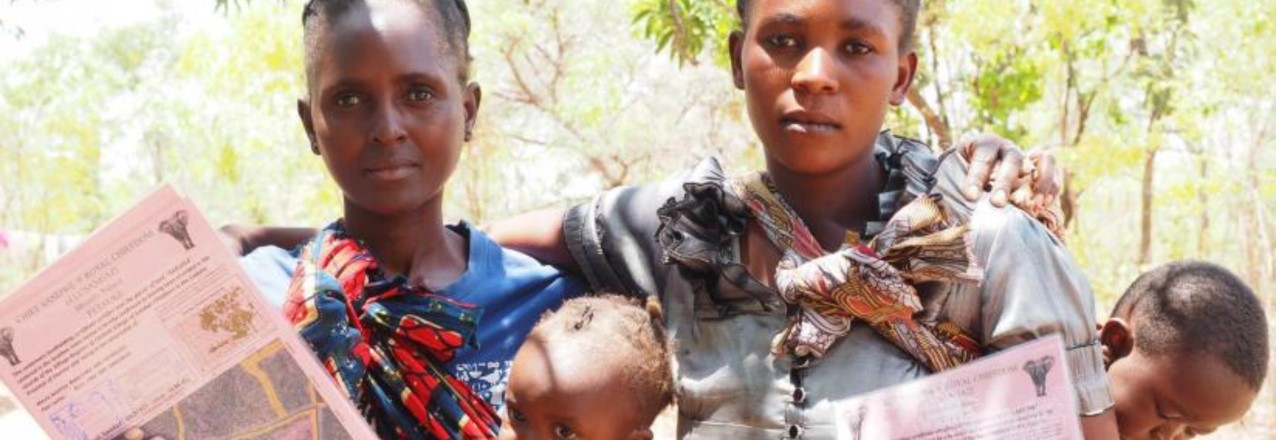Originally appeared on Agrilinks.
African governments increasingly recognize the potential for land-based development to feed the rural poor and growing urban populations and to promote equitable human development. Good land policy is central to productive land-based development across farm sizes and types. It enables inclusive, sustainable growth. Governance of, and access to, land is the most important policy choice facing Africa. This issue will determine whether Africa’s growing rural economies follow a Latin America model dominated by large heavily capitalized farms existing side by side with marginal smallholders or an Asian model dominated by smallholders who increased their prosperity and reduced rural poverty through increased agricultural productivity.
Should Africa favor larger-scale commercial production or the smallholder economy? Are low yields and the slow pace of rural transformation attributable to smallholder performance or to poor policy and investment choices?
Recent studies provide nuanced evidence on farm-size, growth and productivity. Productivity by farm size varies, and evidence often shows higher productivity on smaller farms. Even very small farms (less than 1 or 2 ha) can be productive, commercial and mechanized — including in Africa. Conversely, very large farm holdings can underutilize land. Mechanization at scale is most successful in places with extensive fertile land and very low population densities and is not as suitable for many African countries, where population densities are high and land is not particularly fertile.
Access to land, inputs, financial services and markets matter to the pace of growth and how it reaches the poor. Experience in large-farm biased systems such as Brazil’s Cerrado and small-farm biased systems found in Thailand illustrates the importance of broad access to these factors. Africa’s sustainable growth agenda calls for the inclusive results experienced in Thailand. Both cases offer insights into complementary policy needs, e.g., finance and education.
Smallholder commercial agriculture, scaled over time, can reduce poverty and create jobs. In China, Japan, Chile, Thailand and the U.S., smallholder-led agricultural growth based on recognition of small farmers’ land rights kick-started broader, more inclusive economic transformations. The land-related conflict and untenable social costs that preceded these transformations can be mitigated in Africa by learning from these countries’ earlier histories.
To read more about Land and Food Security along with some possible interventions visit https://www.land-links.org/issue/food-security.


